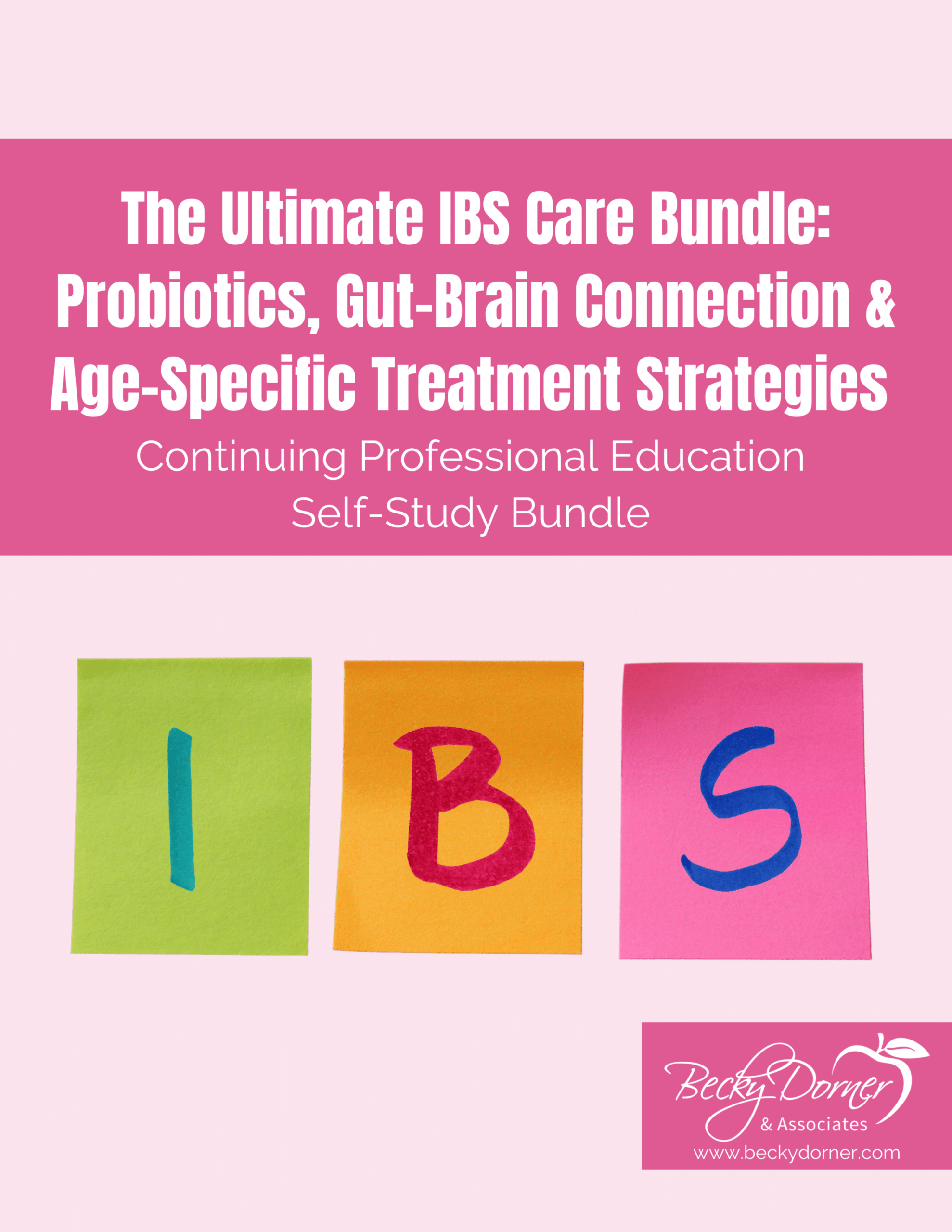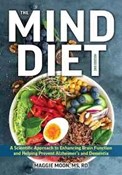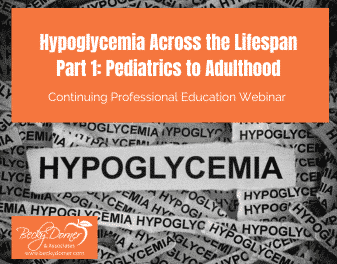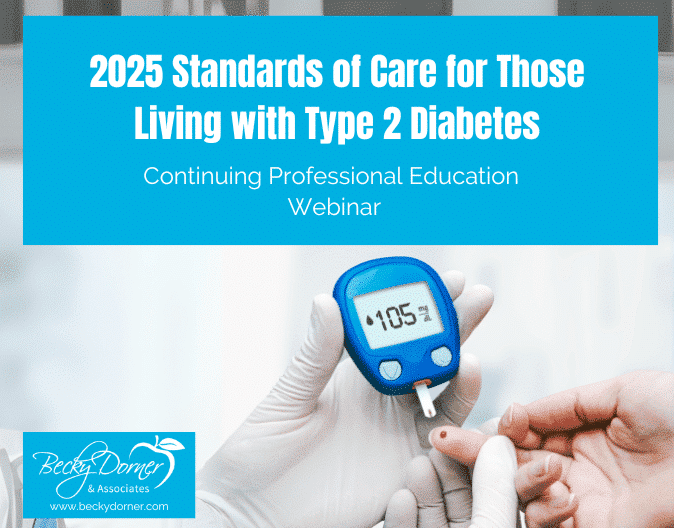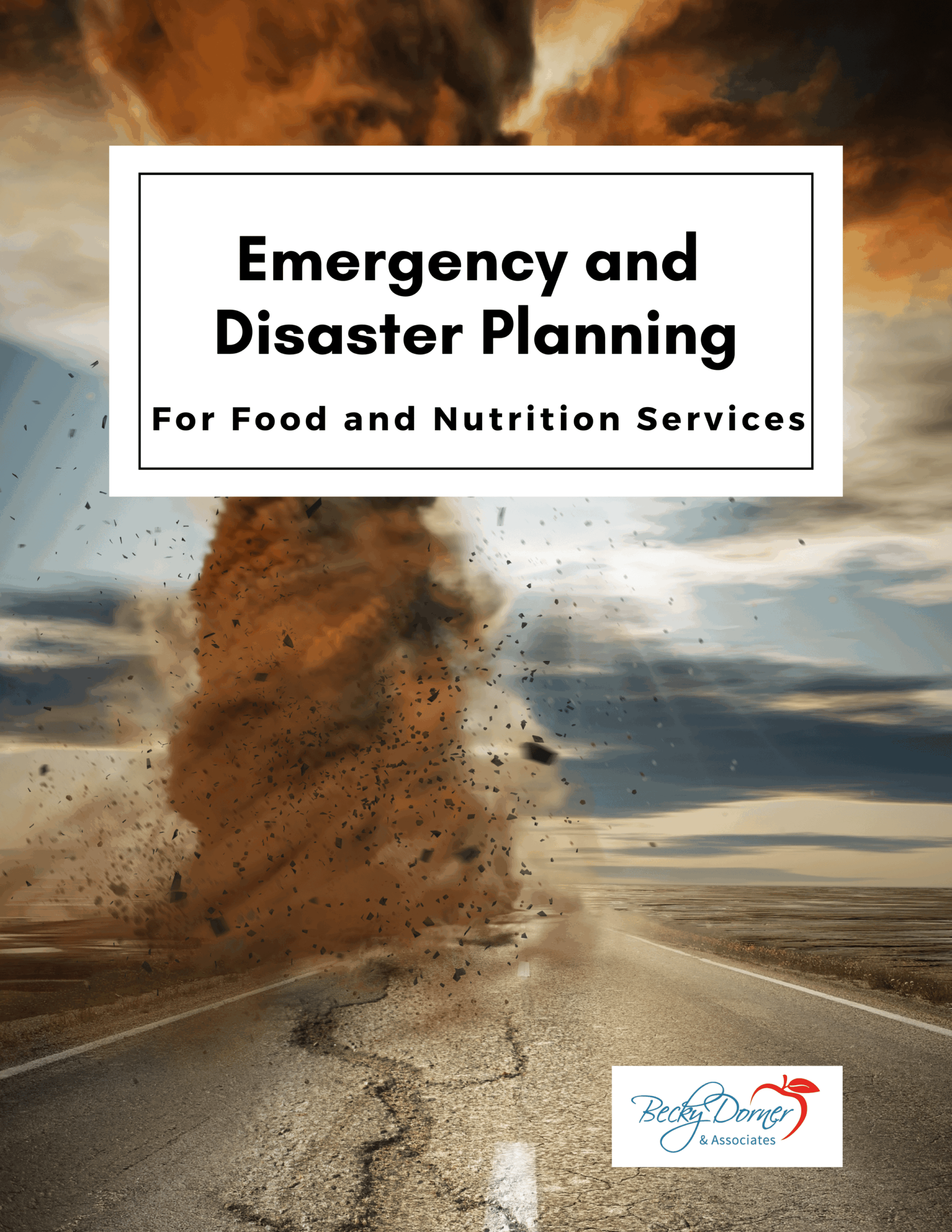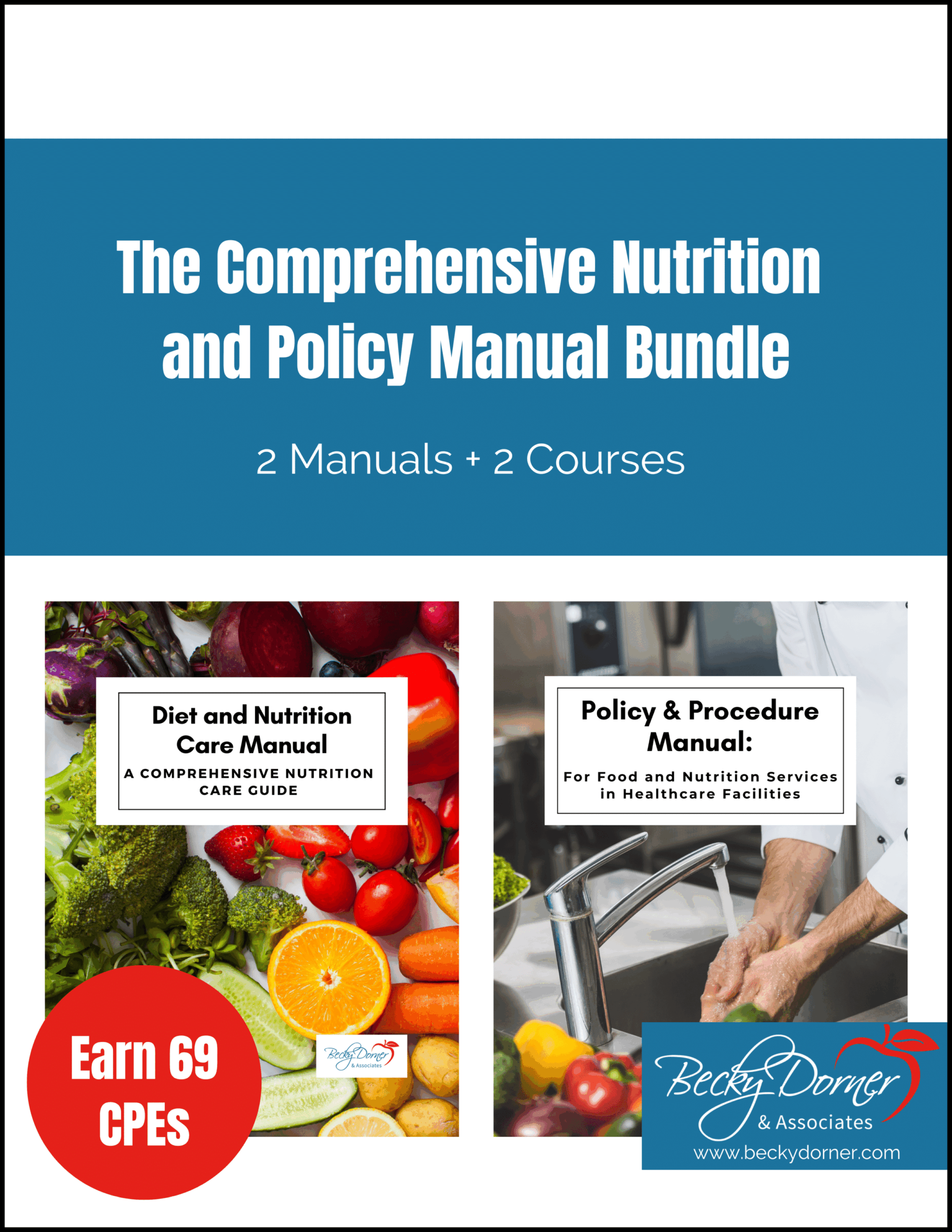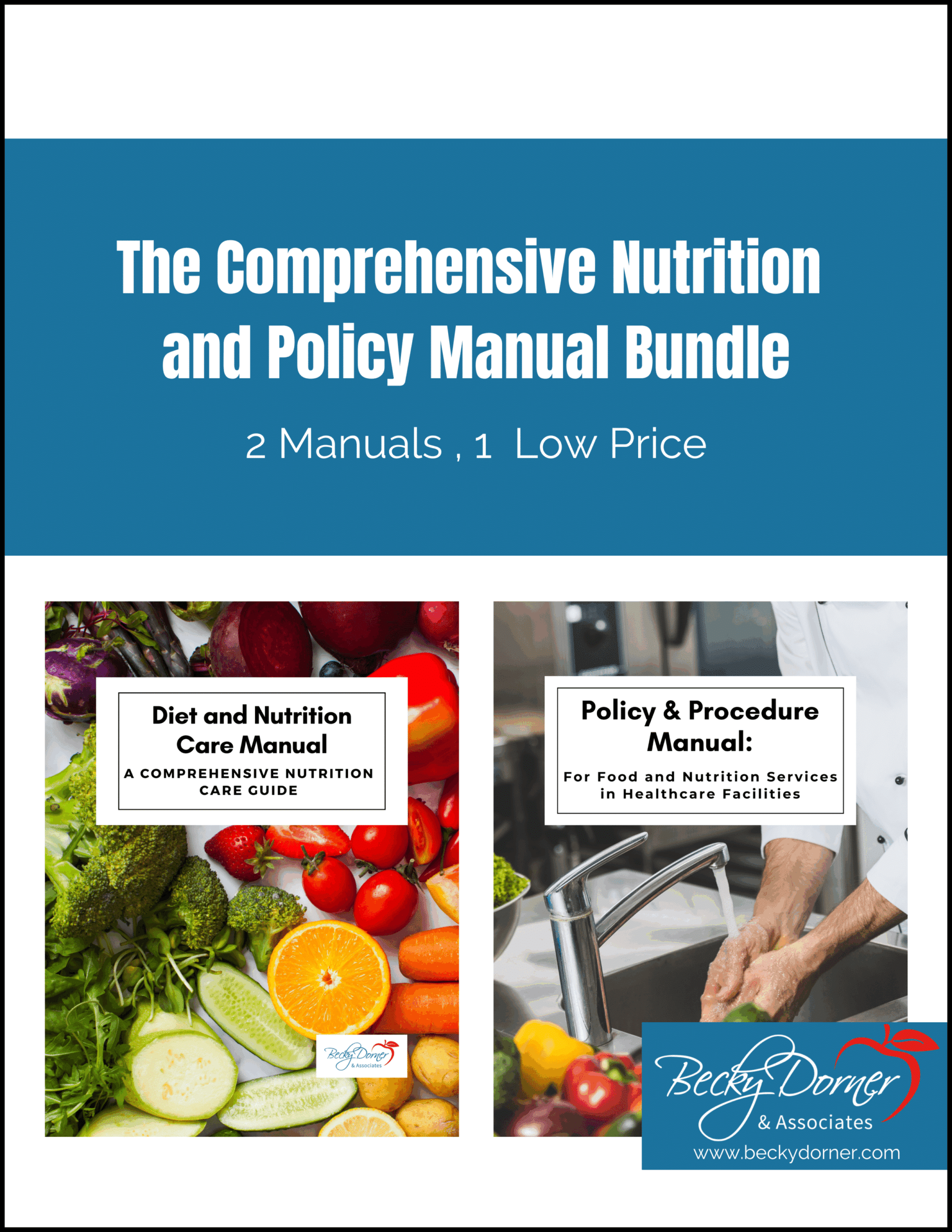
February is American Heart Month! Did you know that heart disease is the leading cause of death in the U.S.? That’s why this month is so important—let’s create awareness about the importance of heart health, and help our patients/clients adopt healthy lifestyle changes including measures to control cholesterol and blood pressure—two major contributors to developing heart disease.
American Heart Month Toolkit
healthfinder.gov
Heart disease is the leading cause of death in the U.S., but the good news is that it can be prevented by making healthier choices. American Heart Month is about communities and health professionals coming together to raise awareness about heart disease and create opportunities for people to make healthy choices. You can help spread the word with the information in this toolkit.
Guideline for the Prevention, Detection, Evaluation, and Management of High Blood Pressure in Adults
Becky Dorner & Associates
In May of 2018 the 2017 Guideline for Prevention, Detection, Evaluation, and Management of High Blood Pressure in Adults was released. This article highlights the major changes in these guidelines and pulls out key points that are of interest to RDNs and their patients.
Guidelines for Managing Cholesterol
Becky Dorner & Associates
The current standard of care for cardiovascular disease (CVD) prevention and treatment is outlined in the Guideline on the Management of Blood Cholesterol, released by the American Heart Association and American College of Cardiology in 2013 and updated in 2018. This article discusses prevention methods and highlights key takeaways for older adults.
New Cochrane Health Evidence Challenges Belief That Omega 3 Supplements Reduce Risk of Heart Disease, Stroke or Death
Cochrane
People around the world have long believed that omega 3 fats protect against heart disease in that they help lower blood pressure and cholesterol. A new Cochrane systematic review that analyzes the results of 79 trials shows that omega 3 fats provide little to no benefit for most outcomes that were tested, including risk of death and risk of heart attack or stroke.

